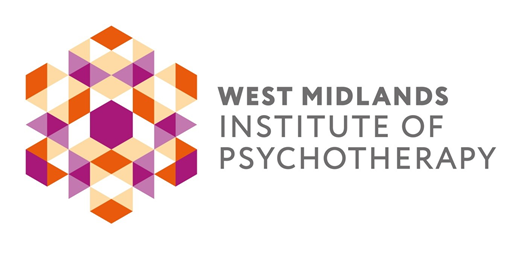Answers to some of the questions we are frequently asked about psychotherapy
- What is psychotherapy?
- What happens in psychotherapy?
- Who comes for counselling or psychotherapy?
- What is psychoanalytic psychotherapy?
- Do Psychoanalytic and Analytical Psychotherapy work?
Psychotherapy is a helping relationship that gives you the space to think about yourself and your life.
By thinking and talking together with a trained psychotherapist, you may find it easier to understand how past experiences, current patterns of thought and behaviour, or anxieties about the future are causing difficulties in your present life.
Through the relationship with your therapist and the shared exploration of your life, the hope is that you will find relief from recurring problems, live life more fully and realise your full potential. This is a process of change, as well as understanding.
What happens in psychotherapy?
As psychotherapy is a personal process, what happens in your own psychotherapy process will be unique to you, but there are some generally accepted practices.
Each session lasts 50 minutes, and you will see your therapist at the same time and in the same place, at least once a week. For more intensive psychotherapy, you may choose to see your therapist two or three times a week, or more often.
Confidentiality is an important aspect of psychotherapy. WMIP psychotherapists adhere to a code of ethics, which requires that your privacy be respected. Please feel free to discuss this with your own therapist.
Psychotherapy does not involve medication, although some people are taking anti-depressants prescribed by their GP when they begin.
Who comes for counselling or psychotherapy?
For most of us there are times in our lives when we experience anxiety, distress or feelings of emptiness. These worries may be due to current circumstances, such as bereavement, relationship tensions or illness. These problems can also stir up buried feelings about the past. Our unhappiness may have a profound effect on our work, health and on those close to us.
It is often when we reach a point where we can no longer resolve conflict or come to terms with pain or disappointment, and see little hope of change, that we seek help.
Psychotherapy is also often requested by people whose professional work demands increased self-understanding, such as those in health care, social work and religious roles.
People are considered for counselling or psychotherapy regardless of race, age, colour, religion, sexual orientation or educational status.
What kind of problems bring people into therapy?
People come into therapy with many different difficulties. Perhaps you are wondering how you’ve got to where you are, or questioning the meaning of life. Perhaps you are feeling:
- unable to cope
- burdened by resentment, disappointment or despair
- that family problems are too much to bear
- lonely or depressed
- that things could be better or that you’ve not yet realised your full potential
- anxious and unable to concentrate
- curious or anxious about your sexuality
- concerned about drinking or eating problems
You may seek therapy if you have difficulty in making or sustaining relationships, or repeatedly become involved in unsatisfying or destructive relationships.
Other problems that people bring to therapy include:
- extreme mood swings
- difficulty in coming to terms with losses such as bereavement, divorce, or loss of a job
- obsessional behaviour, phobias and/or panic attacks
- worries caused by debt or loss of income
- post-natal depression or the ‘baby blues’
What is Psychoanalytical Psychotherapy?
Psychoanalytical psychotherapy offers an intensive, depth exploration of personal difficulties, in which people tend to come more frequently than once a week. Two or three sessions each week is typical.
This provides a space in which to reflect more deeply on yourself and your life and provides an opportunity to discover the ways in which the past is unhelpfully influencing the present, restricting the development of your potential.
It does not involve medication (although some patients may be taking anti-depressants prescribed by their GP, when they begin). It is a relationship where you may explore your life with a psychotherapist who is trained to help you make sense of problems and to understand the meaning of your feelings and behaviour.
Gradually, one to one, you and your therapist build up a relationship of trust, where unconscious motivations and feelings that underlie your conflict and confusion can be brought to light. This offers an opportunity to work more deeply, including facing negative thoughts and feelings, which may have felt too ‘dangerous’ to open up before. This is not always an easy process, and calls for commitment over a period of time. However, the results can help you find your own voice and can greatly improve your life
Do Psychoanalytic and Analytical Psychotherapy work?
In a nutshell, psychoanalytic approaches work through careful development of the therapeutic relationship, by reworking old repeating patterns and discovering afresh meanings that resonate authentically within a person’s life experience. There is a significant body of research exploring both the outcomes of psychoanalytic and analytic psychotherapy and the process of how psychotherapy works. For more information about the evidence base, follow these links:
- https://www.bpc.org.uk/information-support/the-evidence-base/
- https://www.bpc.org.uk/download/696/Evidence-in-Support-of-Psychodynamic-Psychotherapy.pdf
- https://www.psychotherapy.org.uk/policy-and-research/research/psychotherapy-evidence/
- https://psychoanalysis.org.uk/resources/evidence-base-of-psychoanalytic-psychotherapy

